Clean Energy for the Prevention of Non-Communicable Disease through Clean Air in Africa
NIHR Global Health Research Unit on CLEAN-Air(Africa)
About CLEAN-Air(Africa)
Household Air Pollution; The Killer in the Kitchen
Globally 3 billion people rely on polluting solid fuels (wood, charcoal) or kerosene for cooking and heating their homes. Exposure to household air pollution (HAP) from burning these fuels is associated with an increased risk of pneumonia in children under 5 years, respiratory and cardiovascular diseases in adults and adverse pregnancy outcomes.
In sub-Saharan Africa, where a substantial proportion of people rely on these fuels, HAP is responsible for more than 680,000 premature deaths each year, greater mortality than for both malaria and HIV/AIDs.
To address this major public health issue, CLEAN-Air(Africa) aims to:
- Inform national policies to scale access to and adoption of clean household energy,
- Demonstrate the positive impacts on health and climate from populations switching to clean household fuels and,
- Strengthen health systems to empower community led prevention to fight against household air pollution.
CLEAN-Air(Africa) Unit Partnership
CLEAN-Air(Africa) is a partnership of experts from academic, research, and clinical institutions from the UK, Cameroon, Kenya, Tanzania, Rwanda, and Uganda
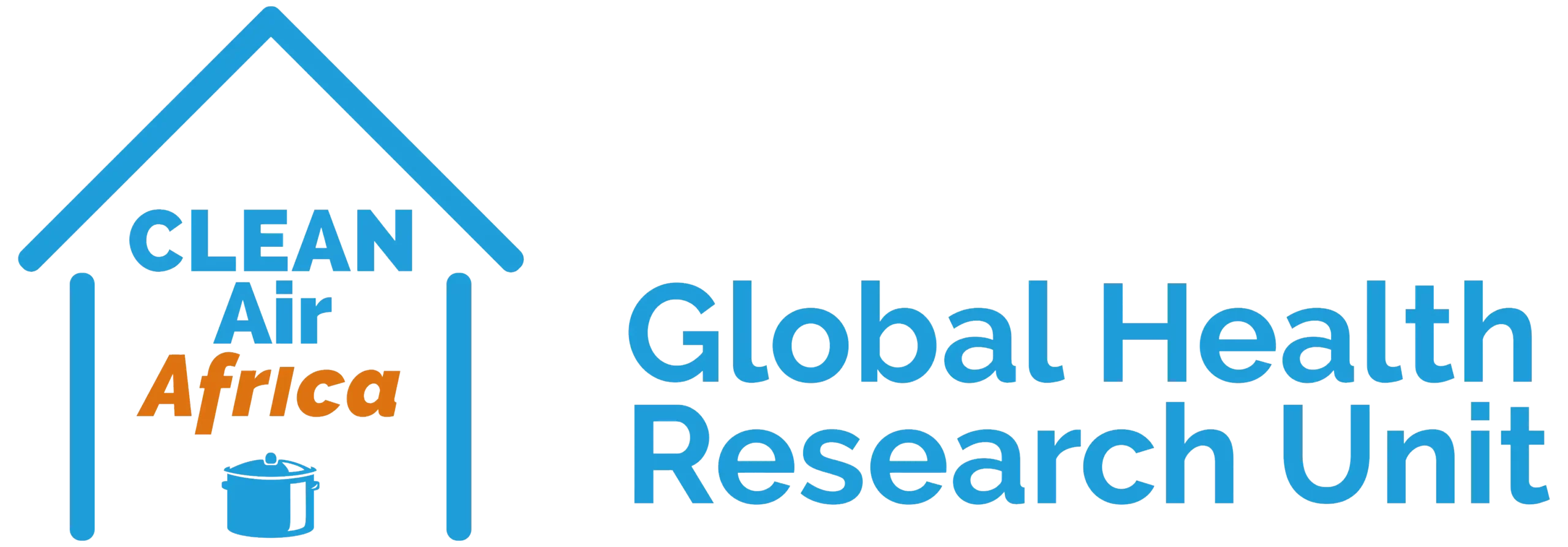
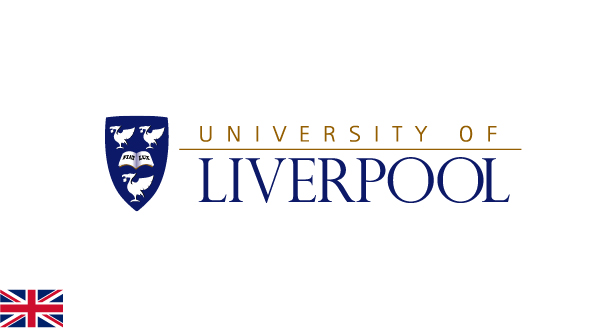
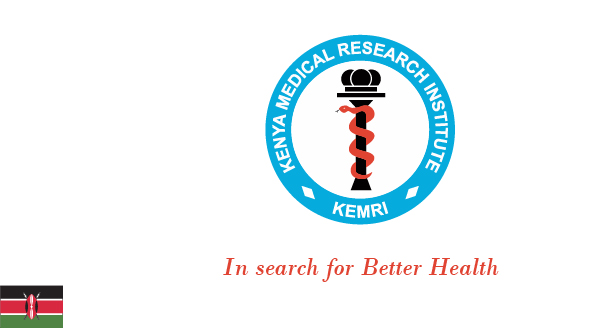
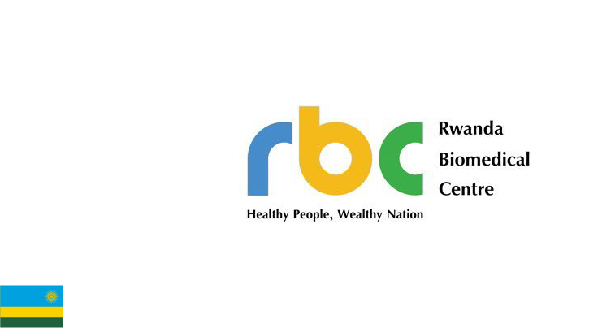

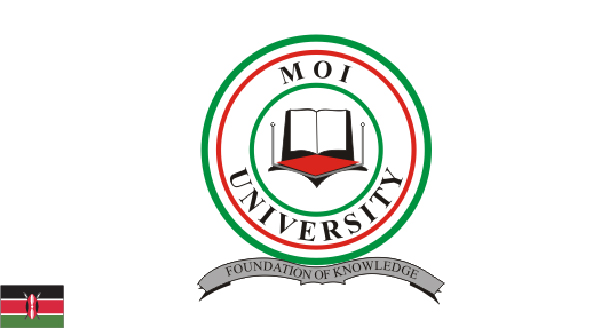

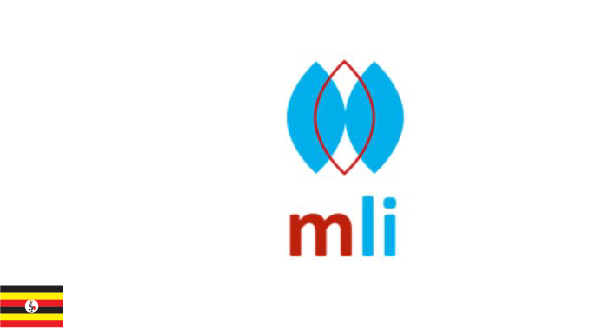

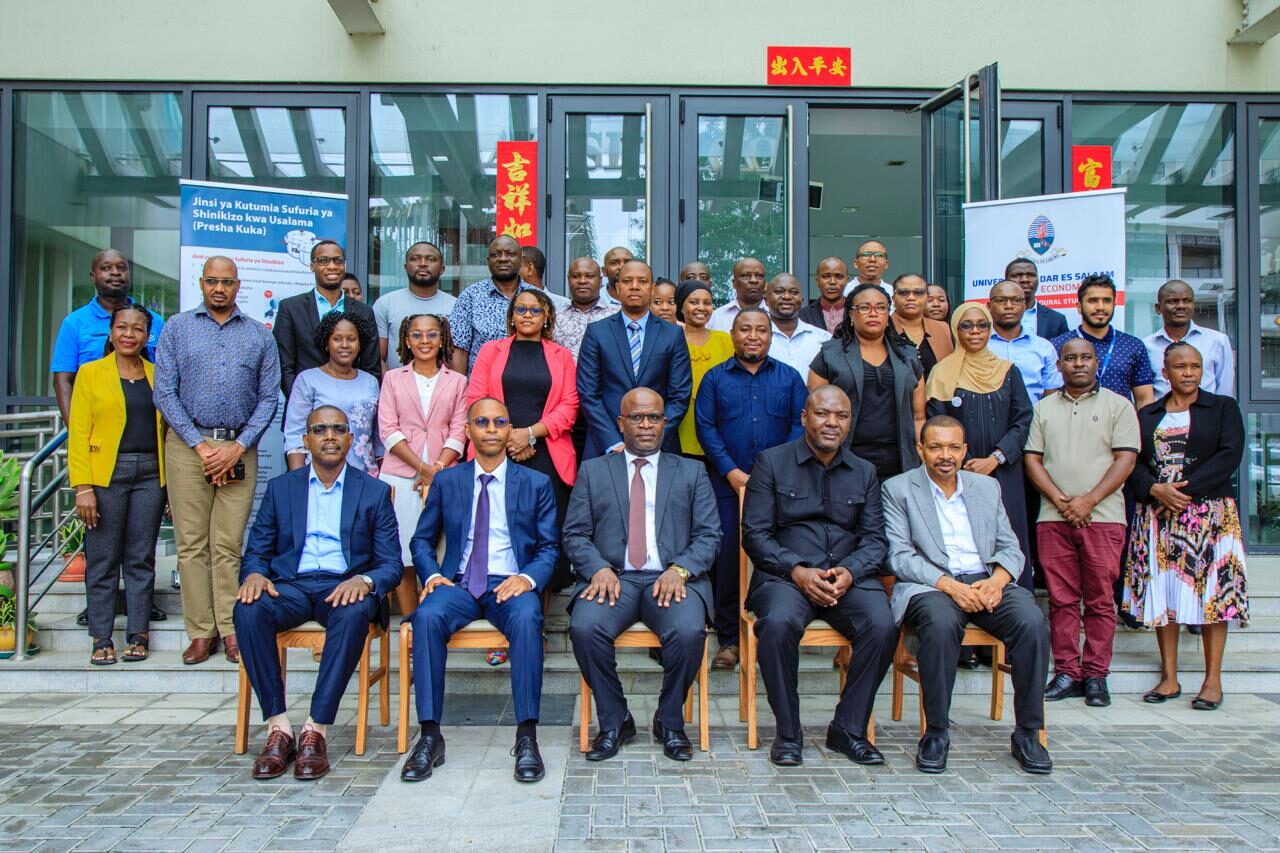
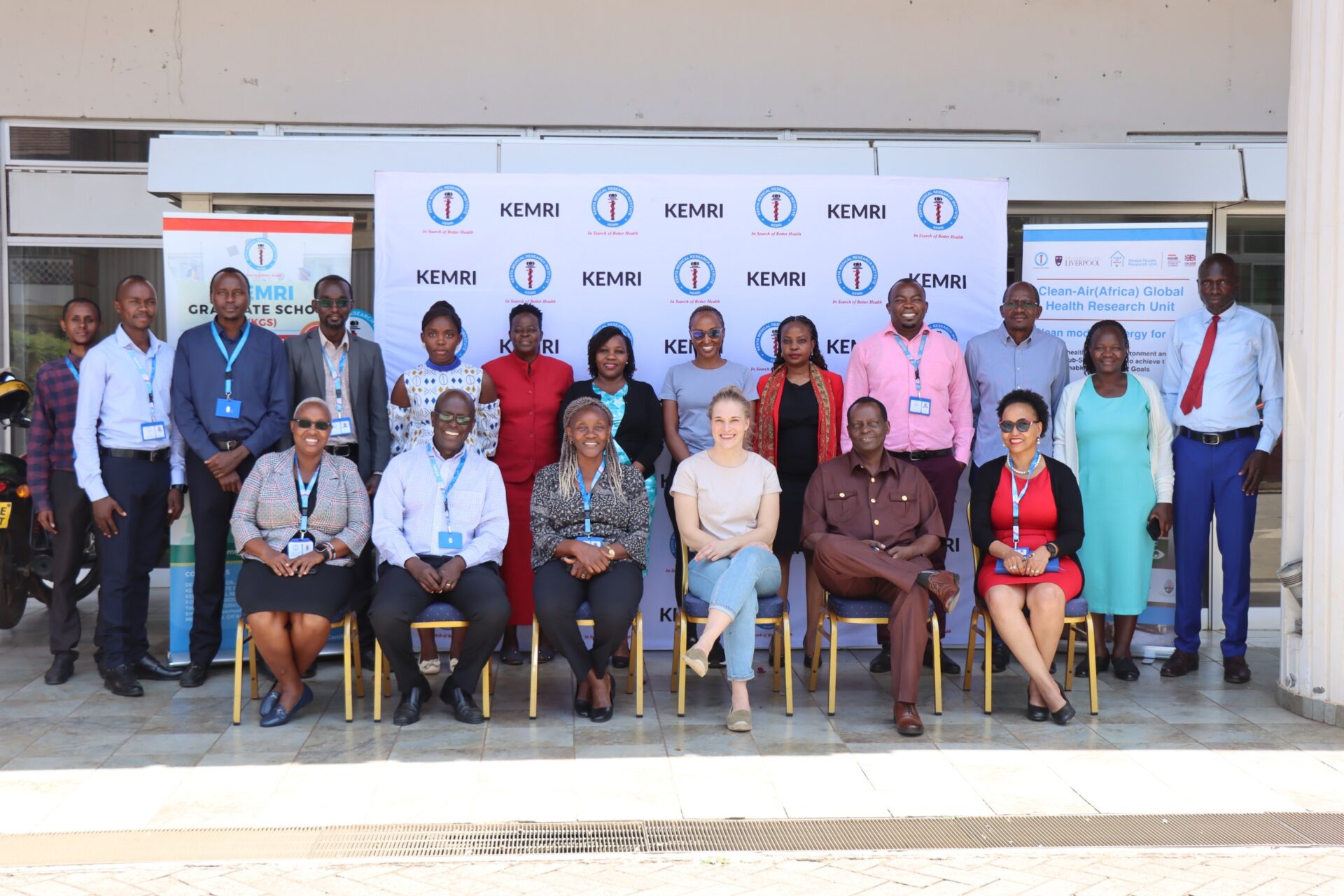
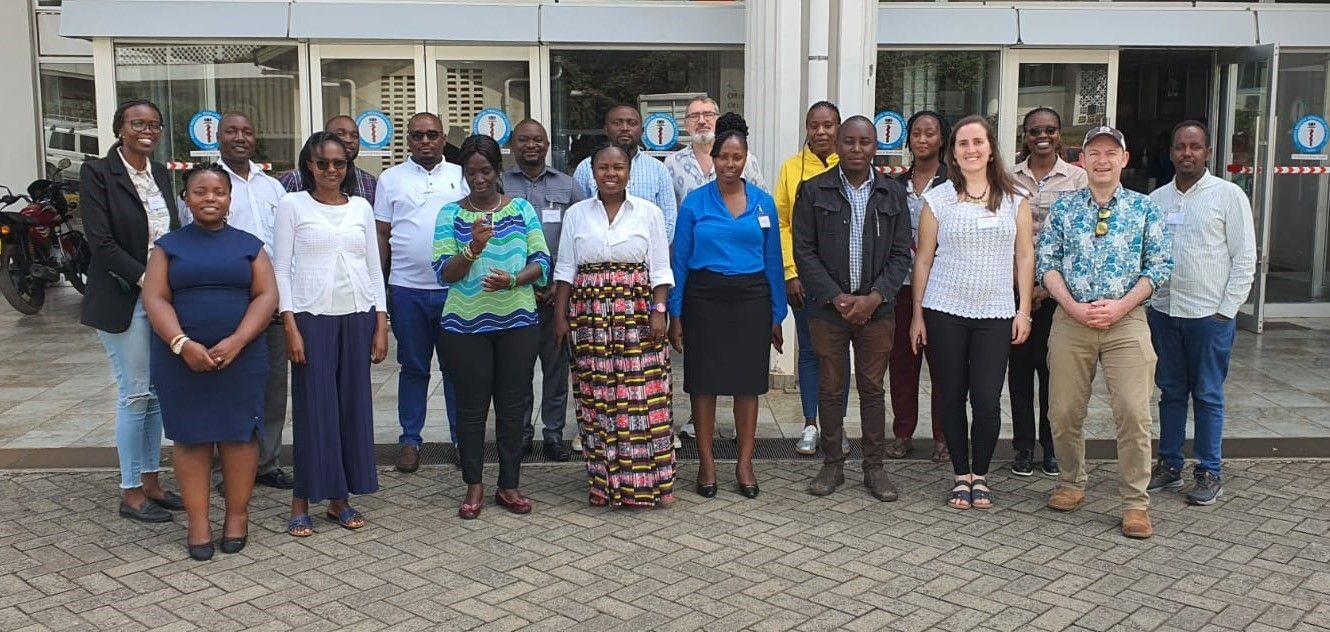
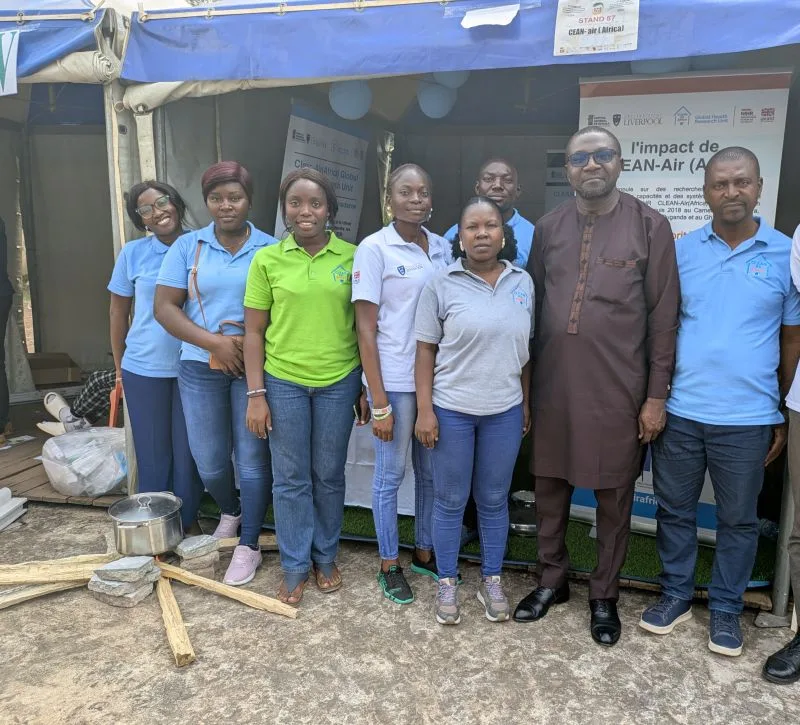




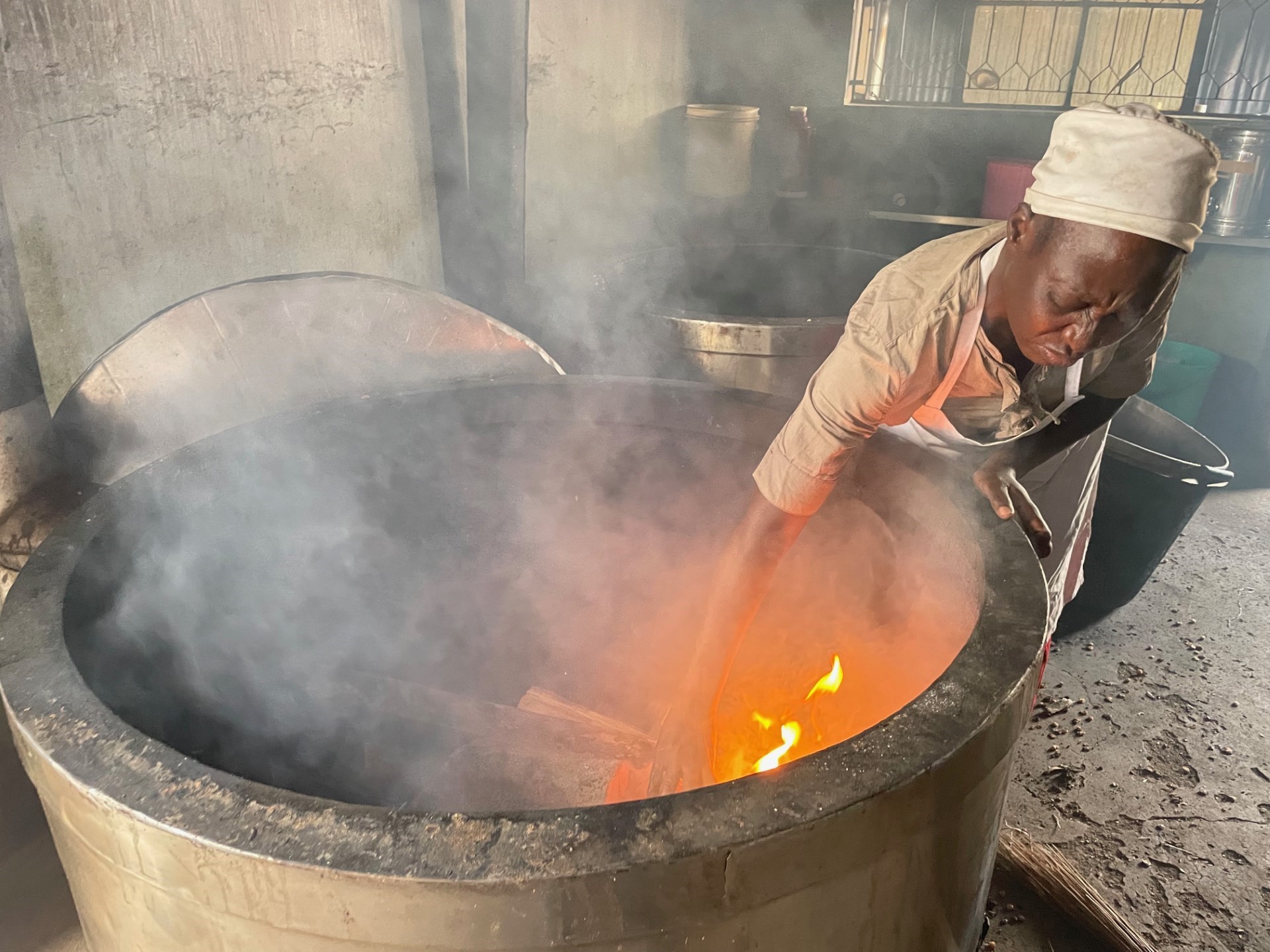
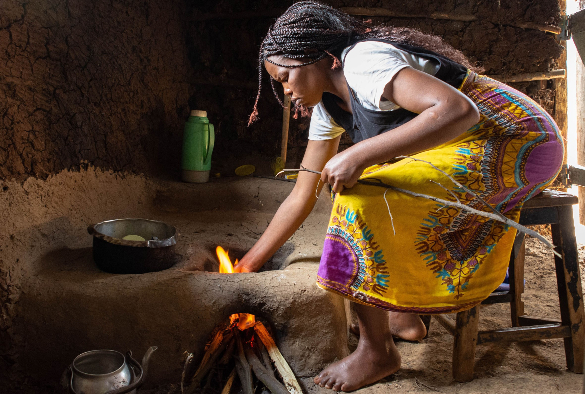
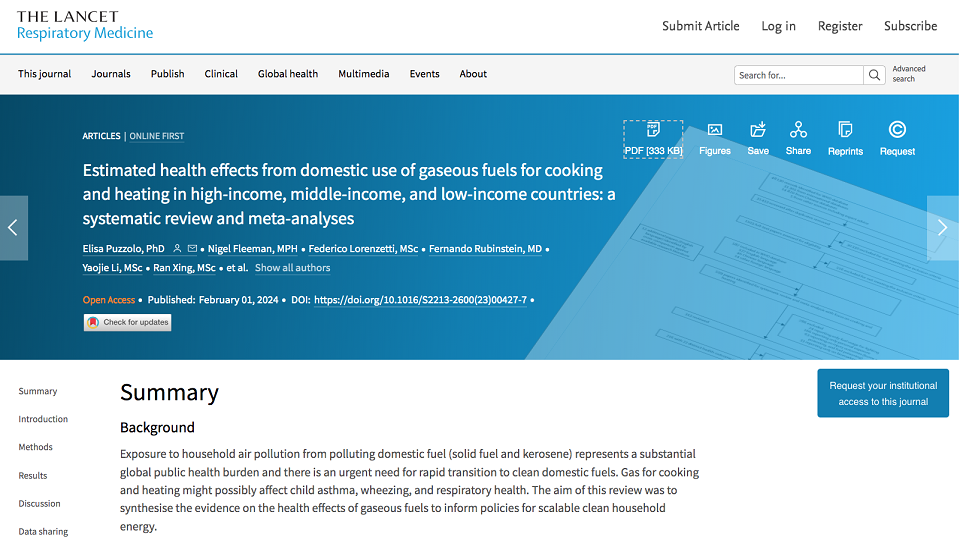
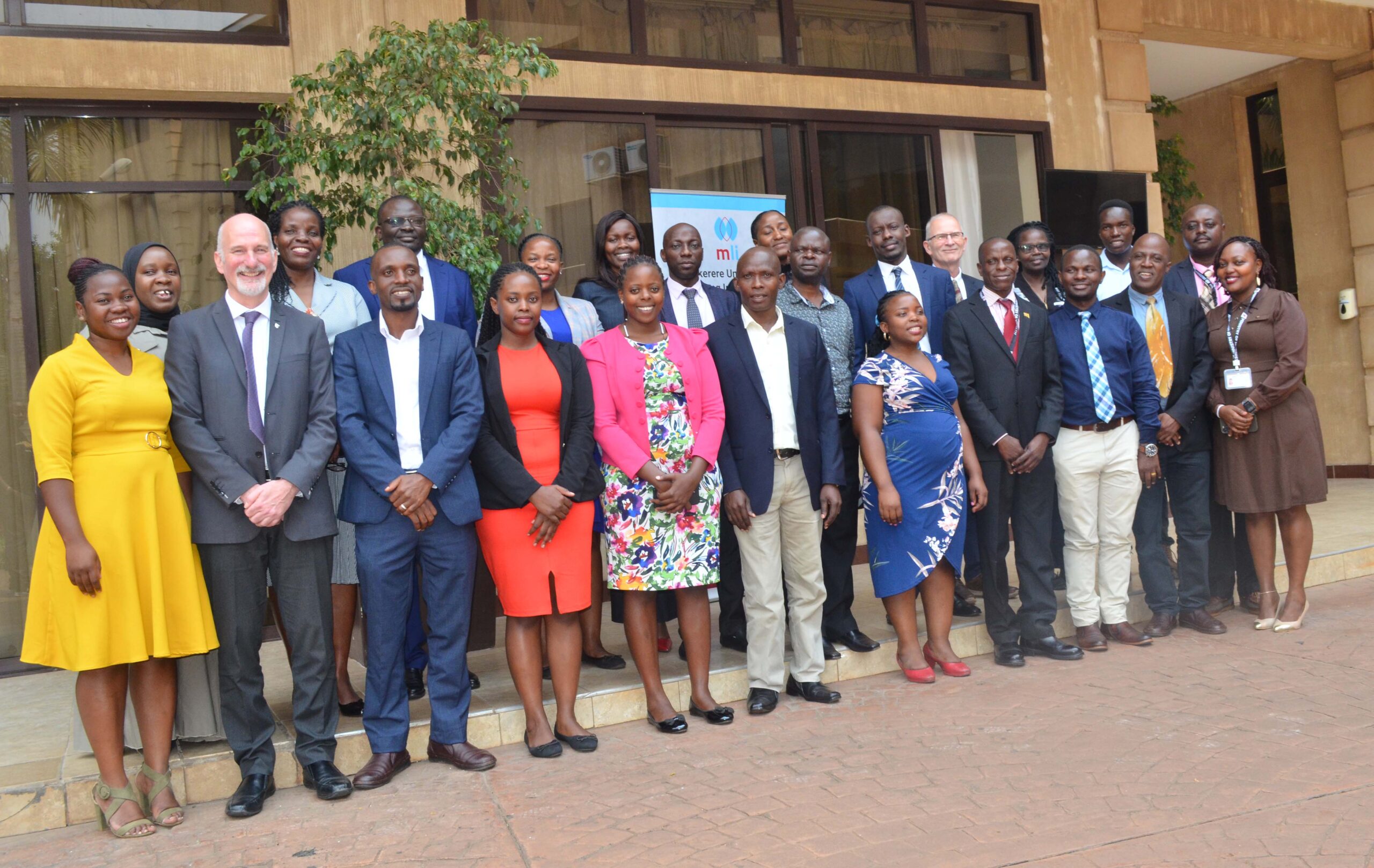
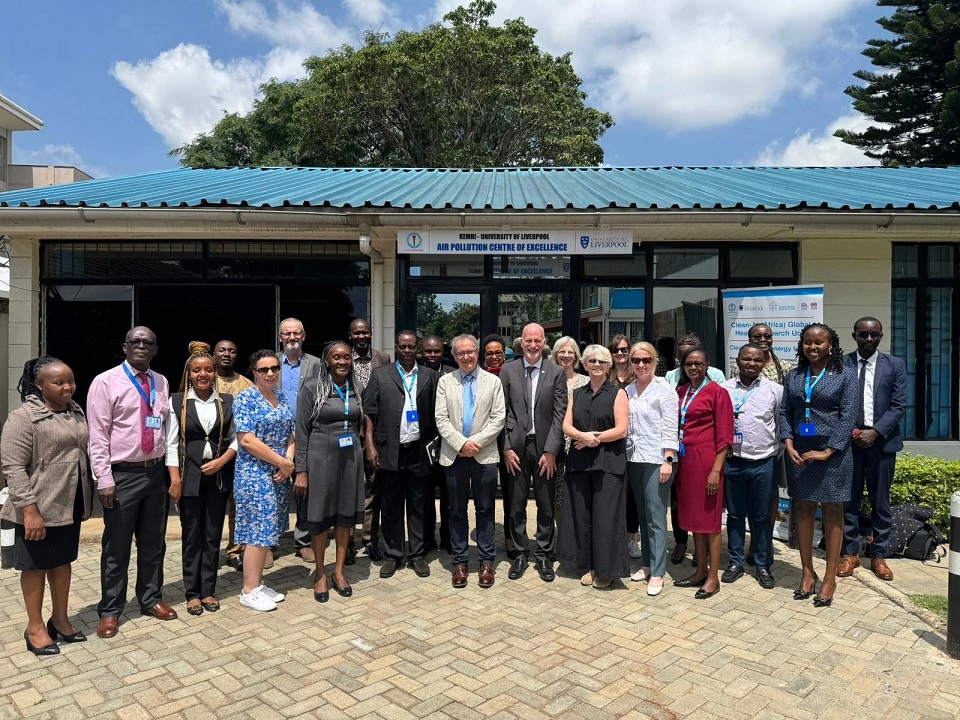
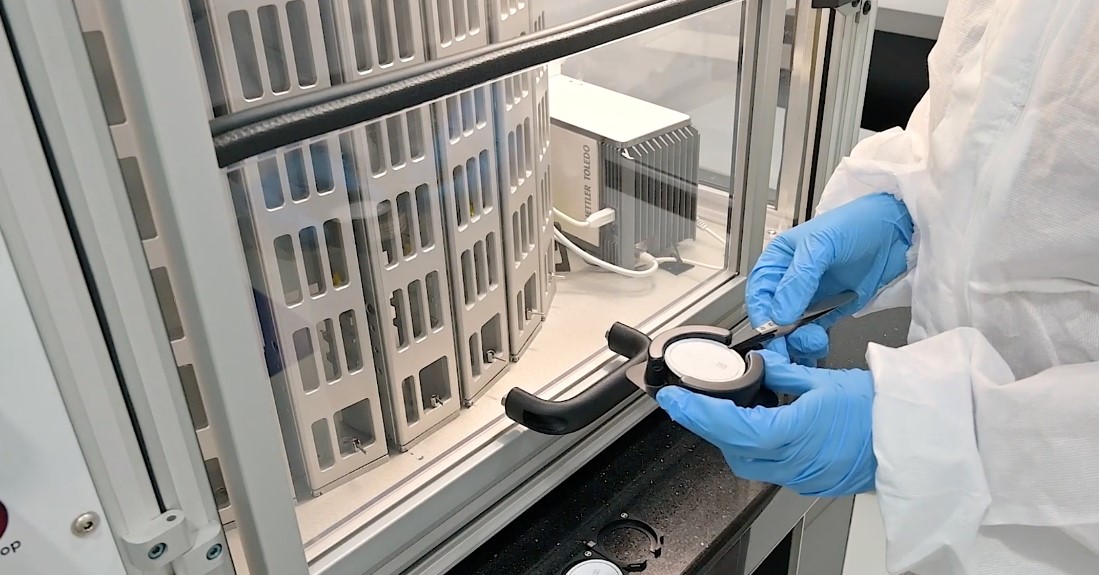
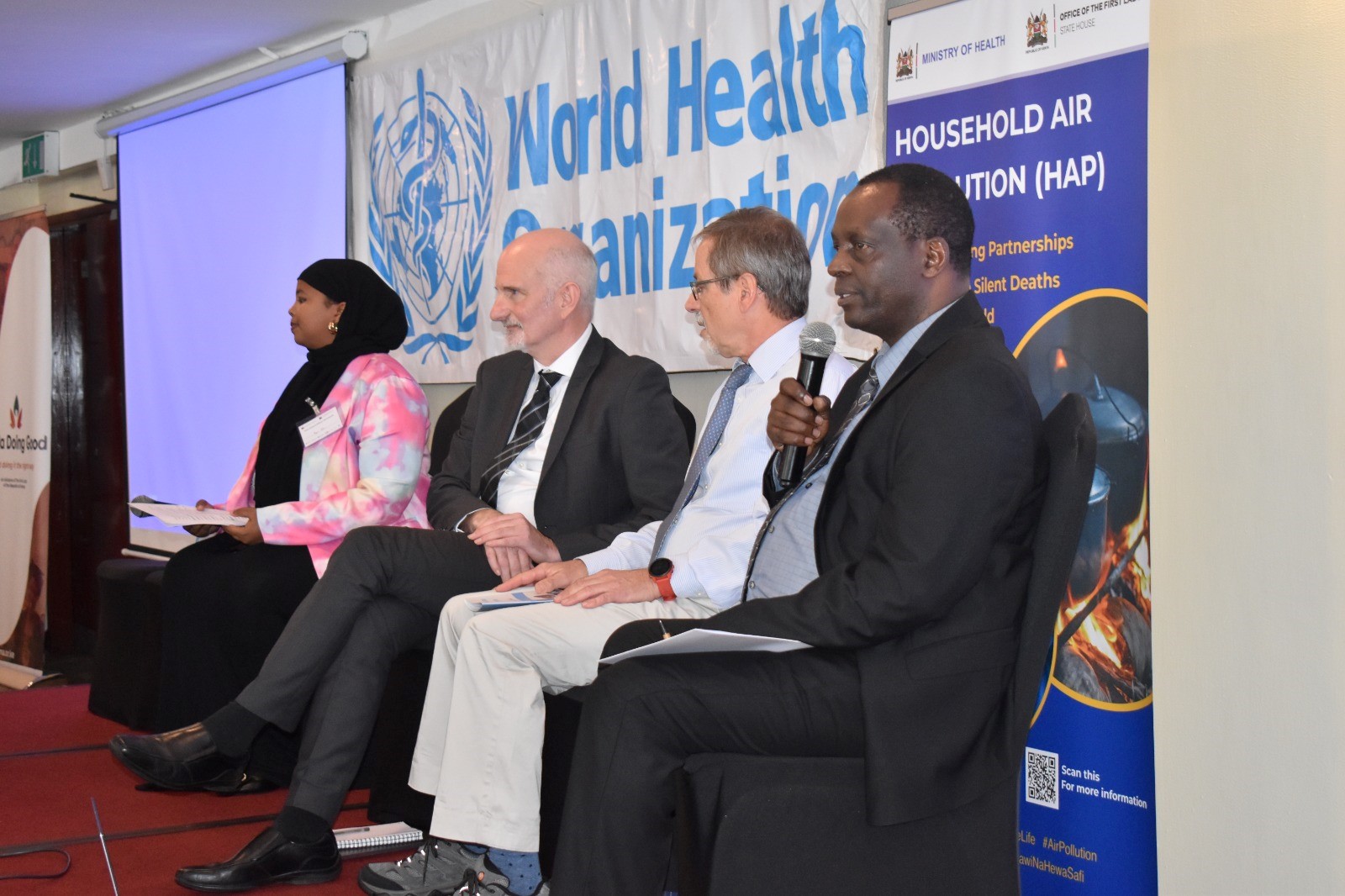
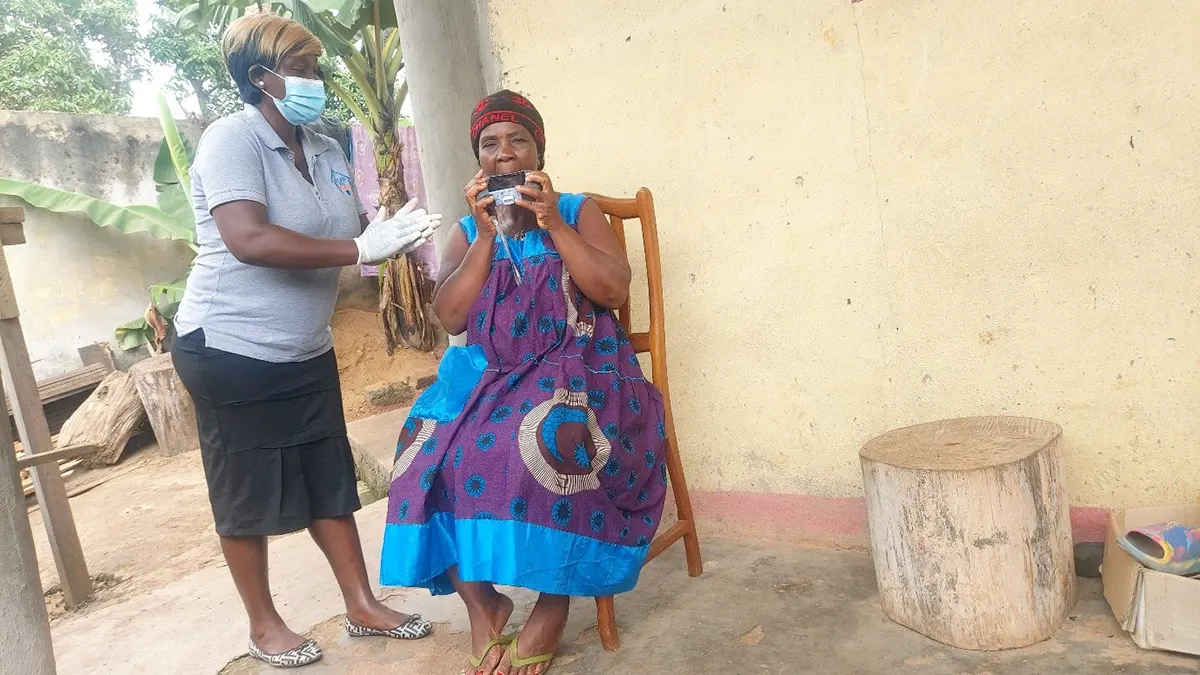
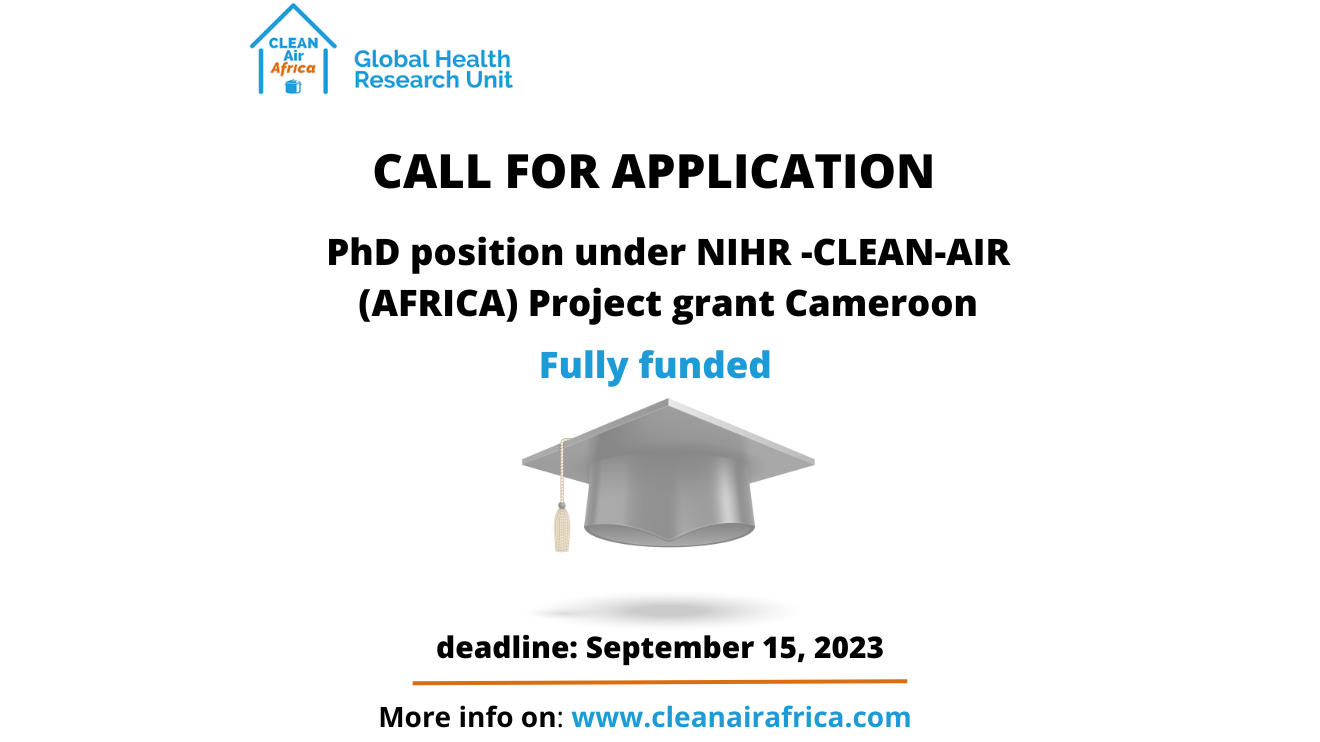
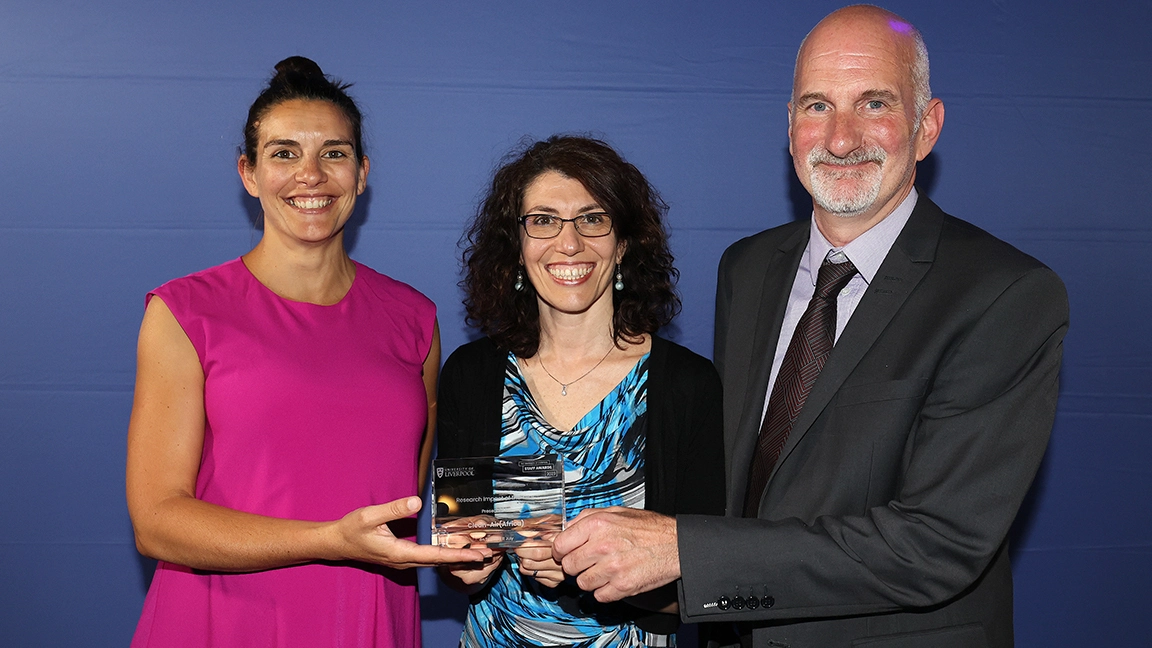
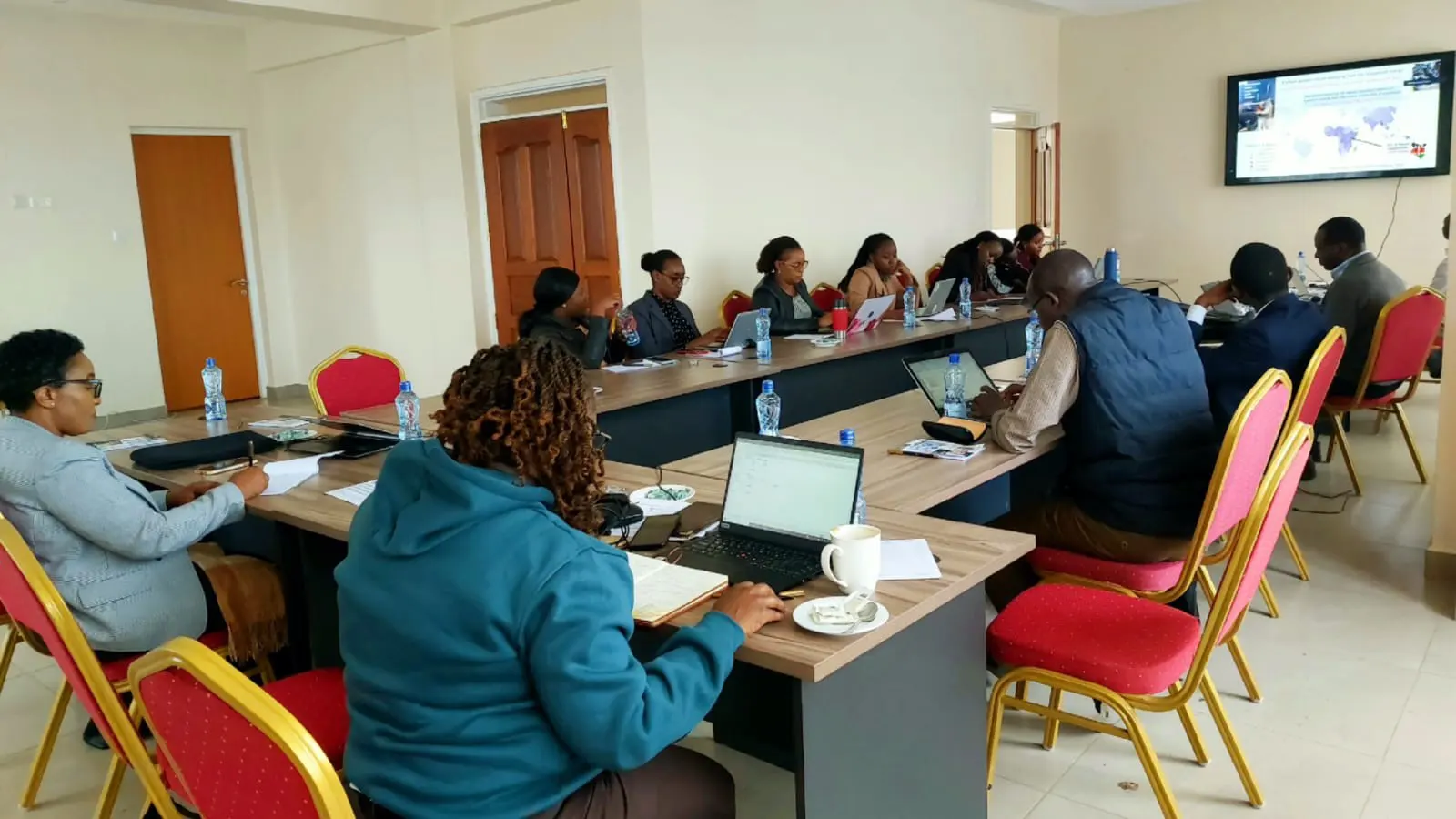
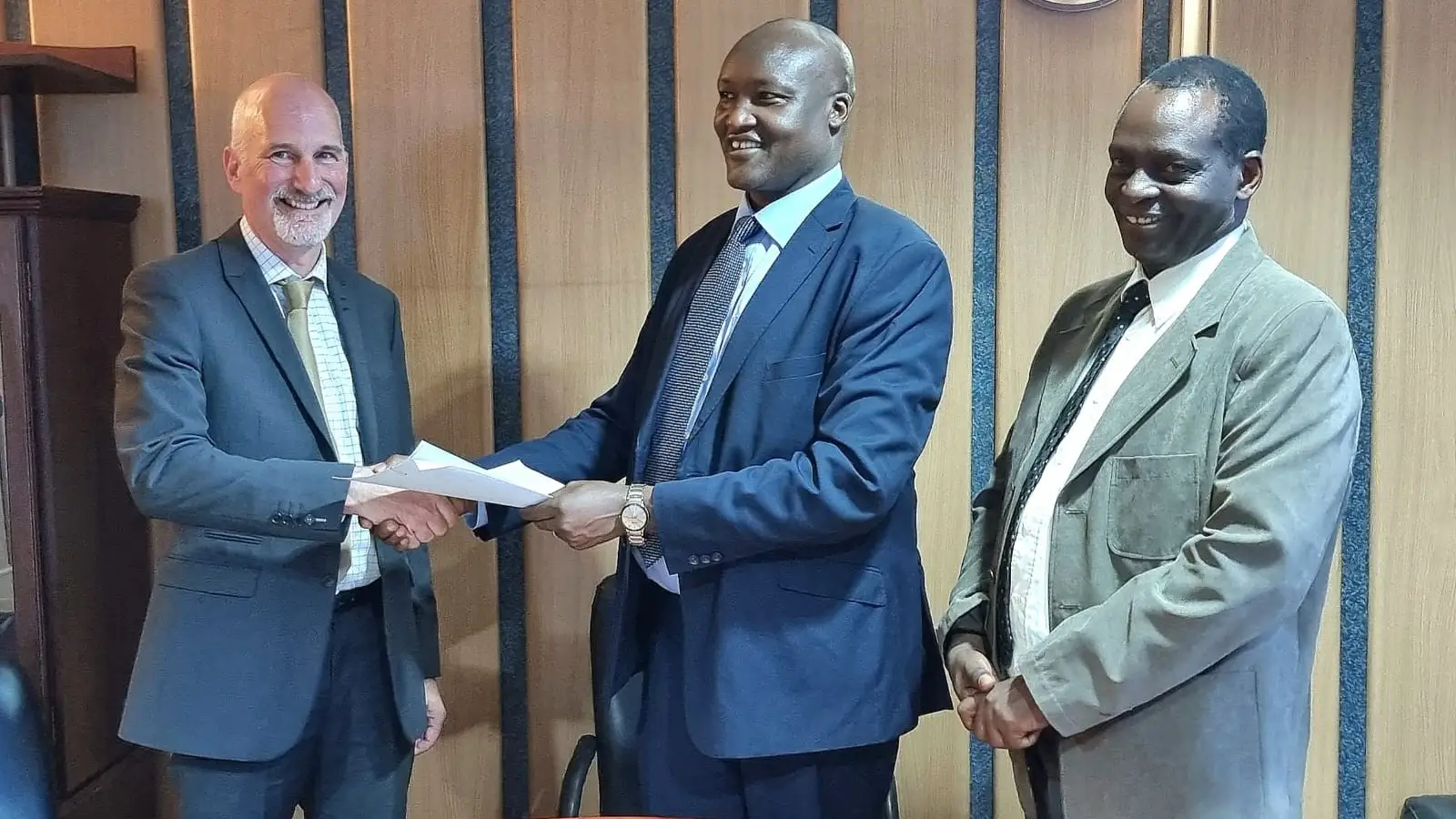

What is happening on our X